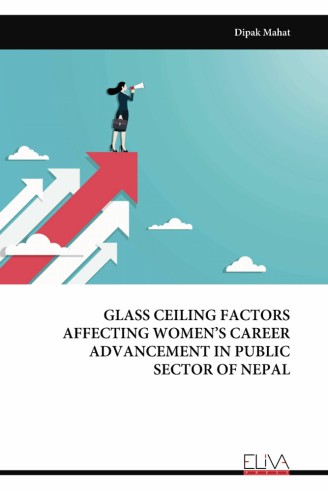
GLASS CEILING FACTORS AFFECTING WOMEN’S CAREER ADVANCEMENT IN PUBLIC SECTOR OF NEPAL
$ 45.5
Description
This study investigates the career advancement factors affecting managerial women in Nepal's public sector, consisting of four main components. Firstly, it examines six demographic factors and finds that job position and education level significantly influence career advancement, while others like work experience, marital status, living arrangements, age, and organizational nature lack significant correlations. Secondly, it explores perceptions of the Glass Ceiling phenomenon. Respondents largely agree that societal perceptions deem women's workplace performance inadequate and view them as unsuitable for higher positions, although personal factors suggest a more optimistic view of women's capabilities. The third aspect focuses on the working environment, revealing that competitiveness between genders is viewed negatively, with concerns about male employees' discomfort working under female superiors and potential isolation for women in higher roles. Lastly, organizational and family factors are examined, indicating that organizational priorities often do not align with gender equality, but family-related hindrances to career growth appear to be less significant. In conclusion, this study underscores the impact of organizational and social factors on the career advancement of managerial women in Nepal's public sector. It suggests that improvements in personal, organizational, and social factors can enhance the working environment, guiding women toward career advancement, although family factors play a relatively smaller role. Notably, all hypotheses presented in the study were rejected, revealing the intricacy of this issue.



